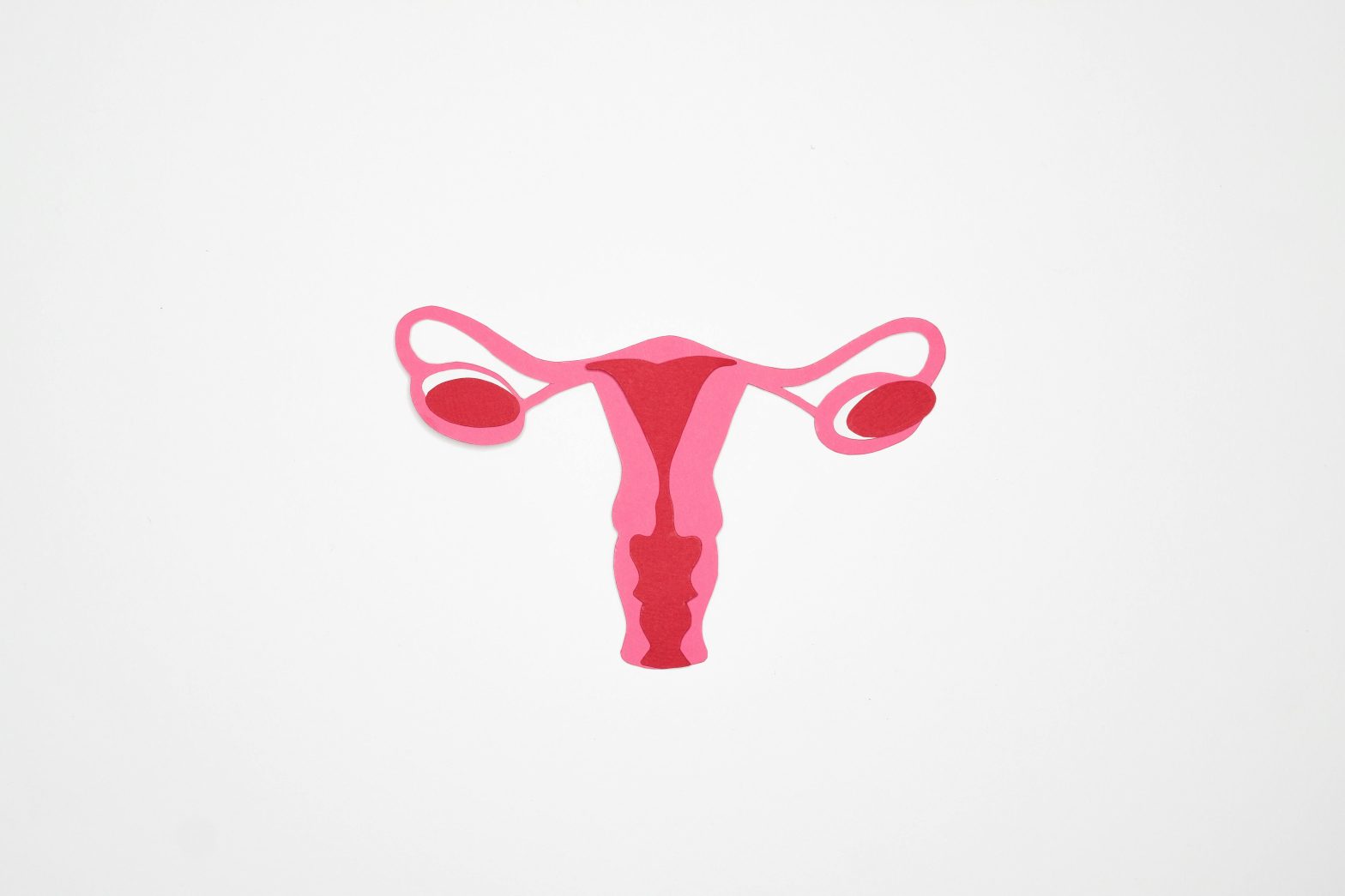A Balanced Heart Is A Healthy Heart
Are you living from the heart? Find out. Take our brief quiz to get your own #LiveFromTheHeart tip sheet.
Take the quiz!
By Melissa Ashley and Dr. Avrum Bluming | Posted Aug 27, 2024
A passionate women’s health advocate, Melissa Ashley is the host of MenoChannel which features live online interviews with best-in-class health care professionals and experts who provide evidence-based facts about menopause and answer audience questions.
Melissa recently had the opportunity to interview Dr. Avrum Bluming about the role of estrogen in women’s health. Dr. Bluming is a renowned breast oncologist and the author of Estrogen Matters: Why Taking Hormones in Menopause Can Improve Women’s Well-Being and Lengthen Their Lives — Without Raising the Risk of Breast Cancer.
Menopause marks a big change in a woman’s life, and getting to grips with it means understanding estrogen—a key hormone that does a lot for our bodies. Let’s break down what estrogen is, why it matters, and what happens when it starts to dip during menopause.
Estrogen kicks in at puberty and is produced by the ovaries. It travels through the bloodstream and works its magic on various organs. When menopause hits, estrogen production takes a nosedive, but it doesn’t stop completely—it just shifts gears and is made in smaller amounts elsewhere in the body, like in fat tissue.
Estrogen is a bit of a multitasker. It keeps bones strong, hearts healthy, and minds sharp. It’s got a hand in everything from maintaining bone density to helping our cardiovascular system and even playing a role in brain health.
“If you can diminish heart disease by 50% which has been shown again and again, by taking estrogen, why not take estrogen?”
The drop in estrogen production during menopause is a natural part of aging, much like how men experience a gradual decrease in testosterone. The exact reasons are still a bit of a mystery, but it’s a normal process.
HRT has been controversial, especially with the fear of breast cancer. However, recent studies have shown that estrogen alone might actually lower the risk, and starting HRT around menopause doesn’t significantly up the risk either.
Estrogen isn’t just about managing menopause symptoms—it’s also about long-term health. It can protect against heart disease, reduce the risk of bone fractures, and may even lower the chances of developing Alzheimer’s. These benefits make a strong case for considering HRT as part of managing menopause.
“What does help prevent heart disease, in women…estrogen, estrogen, estrogen. It keeps blood vessels flexible and prevents them from getting constricted.”
HRT isn’t risk-free. There’s a small chance of blood clots, and starting HRT a decade after menopause can increase the risk of arterial clots. Other side effects can include bloating and nausea, especially with progesterone.
If you’re thinking about HRT, chat with your doctor to figure out the best option. There are various forms, like bioidentical hormones, patches, gels, and traditional pills. It’s all about what works for you and your health.
How long to stay on HRT varies from person to person. The benefits for bone health and overall well-being might make a case for sticking with it long-term. But this is a personal choice and one to make with your doctor’s input.
Estrogen is a big player in women’s health during and after menopause. Knowing the facts can help you make informed decisions about HRT and your health. And if you’re looking for a menopause specialist, organizations like the North American Menopause Society @menopause.org can point you in the right direction.
Just remember, this isn’t medical advice—always talk to your healthcare provider for guidance tailored to your needs.